Kosovo, a partially recognized state in Southeast Europe, is a land of complex history, diverse culture, and ongoing political challenges.
Society and Situation:
- Ethnic Composition: Kosovo’s population is predominantly Albanian, with a significant Serbian minority and smaller communities of Bosniaks, Gorani, Turks, and Roma.
- Political Status: Kosovo declared independence from Serbia in 2008, but its status remains disputed. While recognized by many countries, it is not a member of the United Nations.
- Economic Challenges: Kosovo faces economic difficulties, including high unemployment rates and a reliance on remittances from abroad.
- Reconciliation Efforts: Efforts are ongoing to foster reconciliation between Kosovo’s Albanian and Serbian communities, with varying degrees of success.
Culture and Experiences:
- Rich Heritage: Kosovo boasts a rich cultural heritage, blending Albanian, Serbian, Ottoman, and other influences. This is reflected in its architecture, music, cuisine, and traditions.
- Natural Beauty: Kosovo’s landscapes range from rugged mountains to fertile plains, offering opportunities for hiking, skiing, and exploring nature.
- Historical Sites: Visitors can explore ancient ruins, medieval monasteries, and Ottoman-era mosques.
- Warm Hospitality: Kosovars are known for their warm hospitality and welcoming nature.
- Vibrant Cities: Pristina, the capital, is a bustling city with a modern vibe, while Prizren, a historic town, offers a charming old-world atmosphere.
Resources for Further Understanding:
- Kosovo – Wikipedia: https://en.wikipedia.org/wiki/Kosovo
- Kosovo – Culture: https://kta-ks.com/culture/
- Kosovo – Britannica: https://www.britannica.com/place/Kosovo
Visiting Kosovo offers a unique opportunity to experience a dynamic and evolving society, discover a rich cultural tapestry, and witness a nation navigating its path towards a hopeful future.
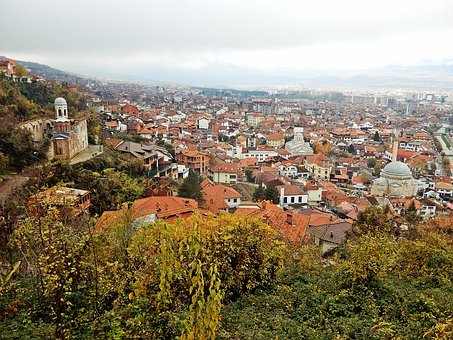
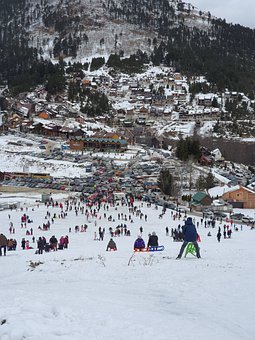
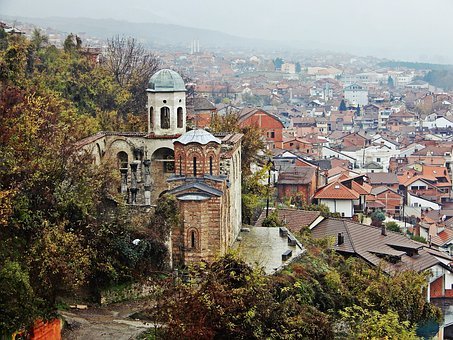
If you book more than one travel service for your trip or holiday using the links on this site, for example both hotel accommodation and flights, you will NOT benefit from rights applying to packages under Directive (EU) 2015/2302. Uramble.com and Google will not be responsible for the proper performance of any travel services. In case of problems, please contact the relevant service provider. Check with your insurance -or credit card provider.
HERE YOU FIND THE OPPORTUNITIES FOR 3 TYPES OF ACTIVE HOLIDAYS!
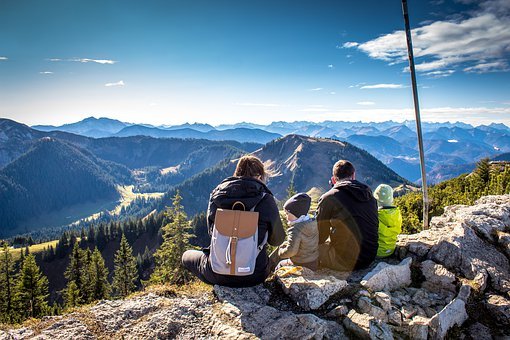

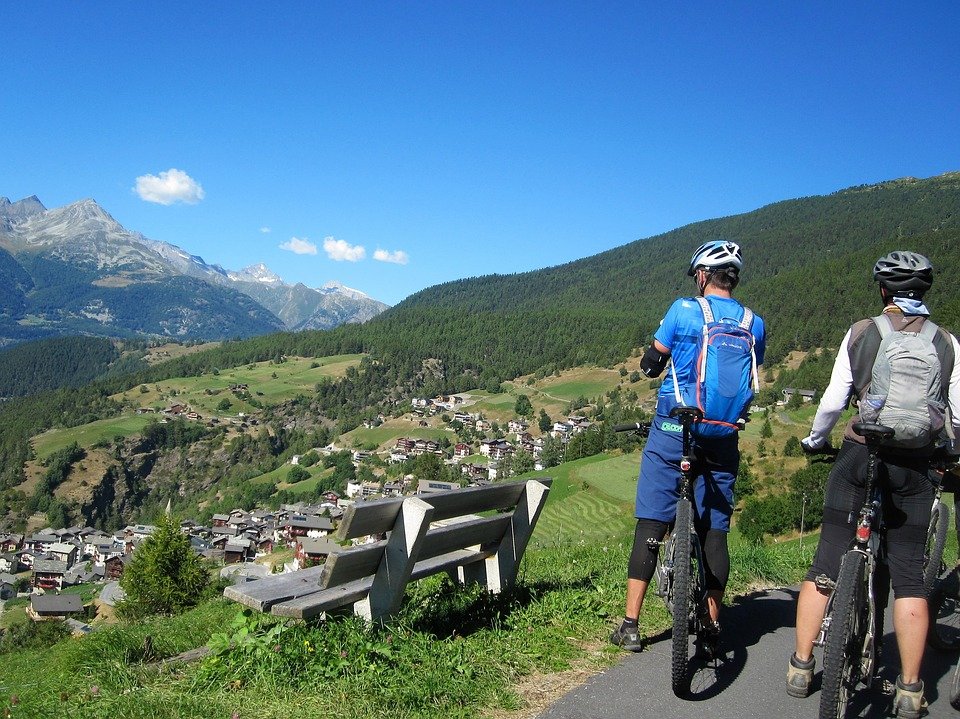

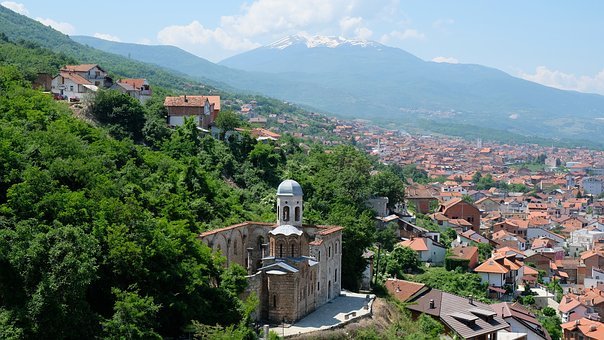
Tell us about an experience or share some information